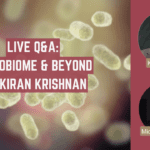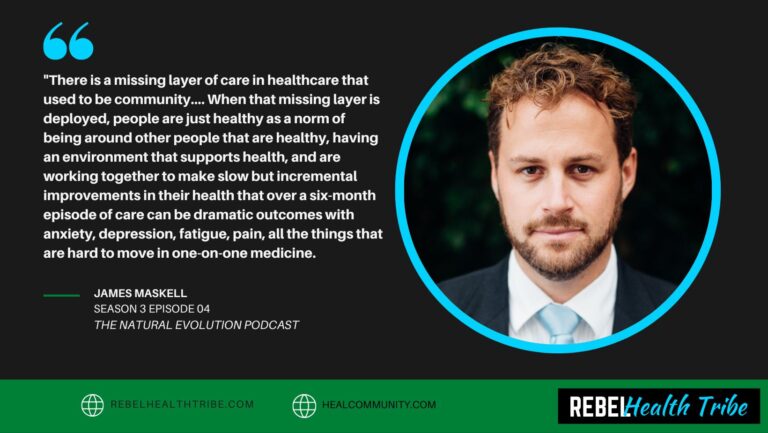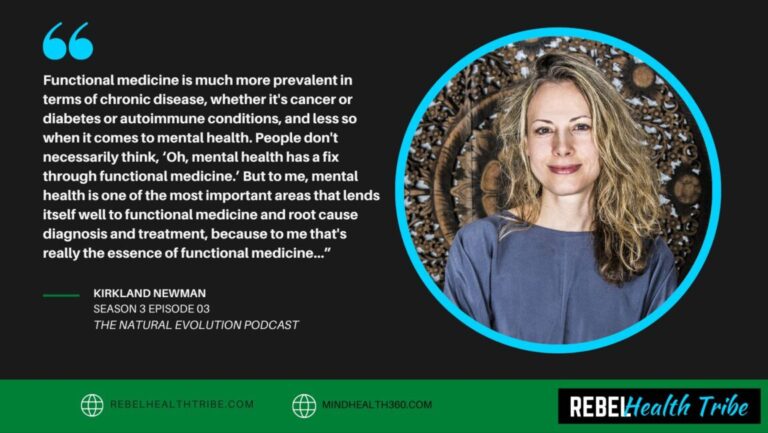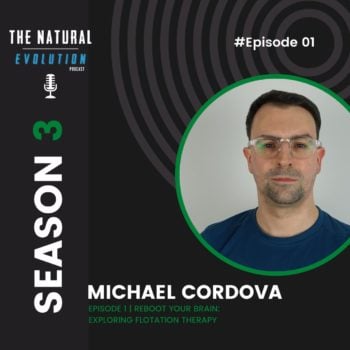
More Posts from
AutoImmune & Chronic Disease
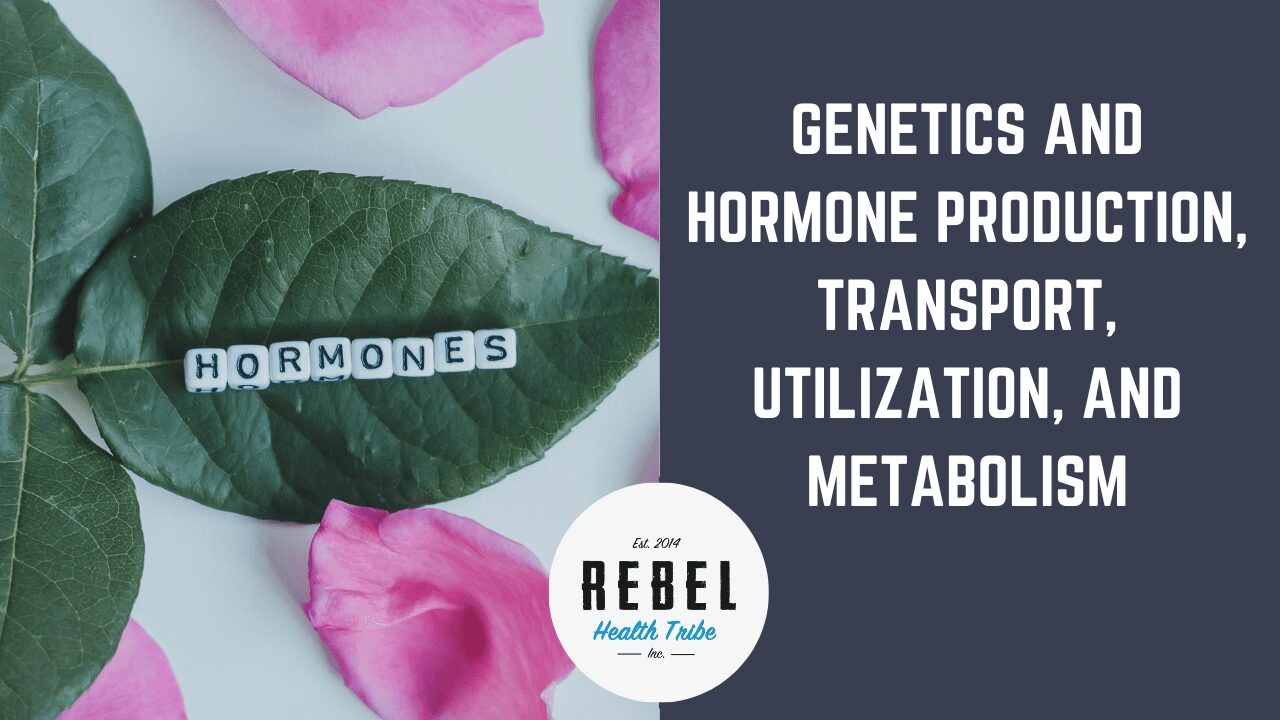
Genetics and Hormone Production, Transport, Utilization, and Metabolism
Our genetics play a larger role in our hormones than
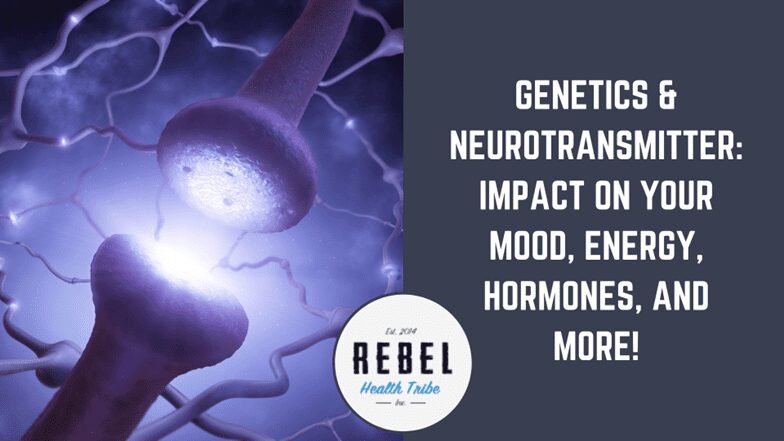
Genetics & Neurotransmitters: Impact on Your Mood, Energy, Hormones, and More!
Have you wondered why an antidepressant didn’t work for you?
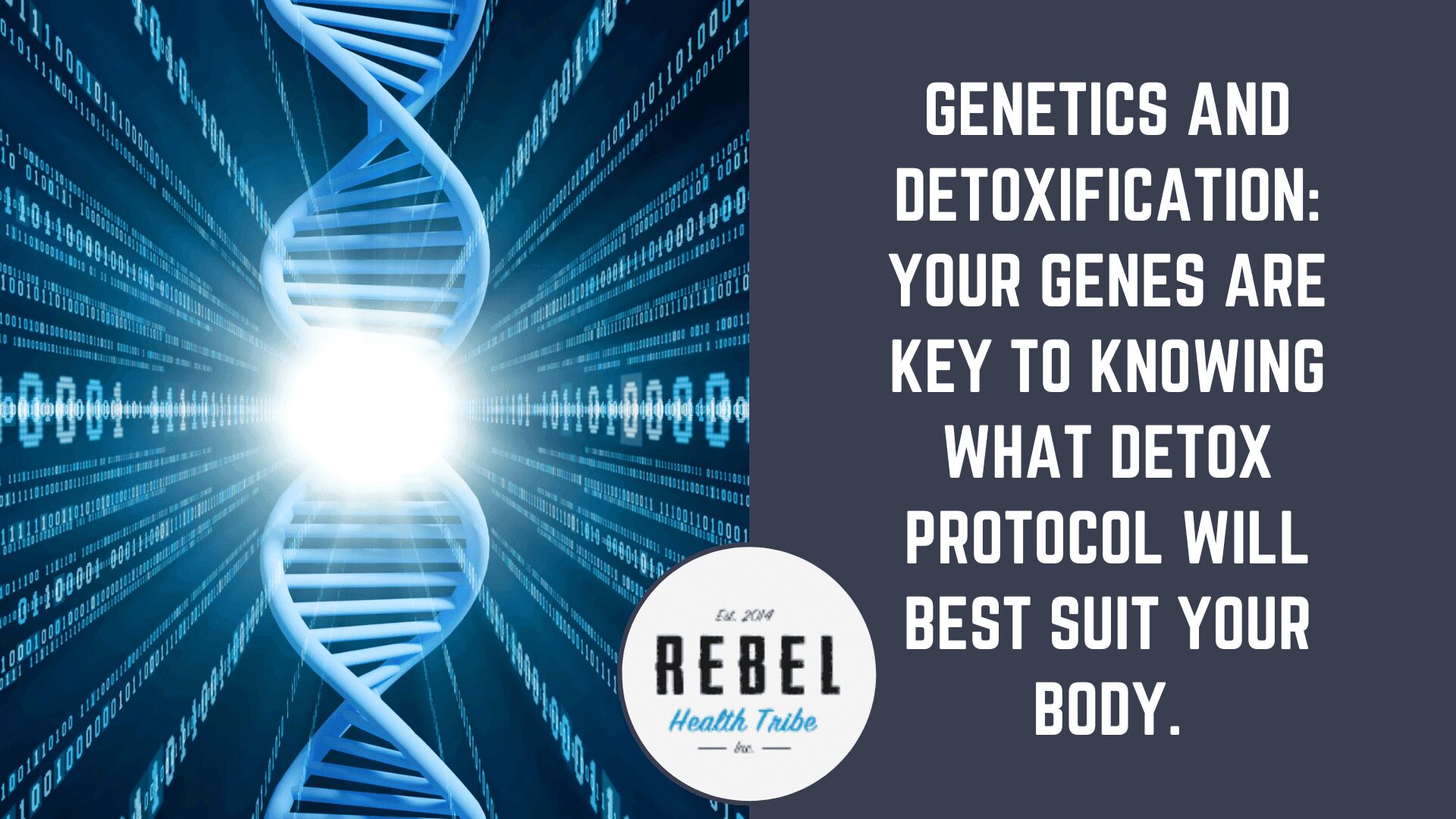
Genetics and Detoxification: Your genes are key to knowing what detox protocol will best suit your body.
https://vimeo.com/821487331 If you’ve ever bought a detox kit off
Many of you have heard about methylation before. To re-cap, methylation plays a central role in how every cell of your body operates. This extends to endocrine and hormone function, as well as pregnancy and gestation. Problems with your methylation can have a central role in miscarriage, as well as many of the hormone-related problems associated with pregnancy symptoms.
My client was estrogen dominant. She had high copper, very painful PMS and intense pain at the beginning of menstruation. She also had been unable to conceive, and had several miscarriages. She was also overweight at the time, and very confused about how to feed herself properly.
I began working with her in 2010. She was on numerous pain meds, synthetic progesterone, was significantly overweight and had no idea what her diet should be.
I quickly identified her tendency towards hypoglycemia, and fast oxidation. She burns up glucose very quickly. Although her fasting glucose was normal, her LDH enzyme (lactate dehydrogenase) was low. This is a big indicator someone is burning glucose rapidly. Plus, she was hungry all of the time, and was obviously having blood sugar swings. I suggested she change her diet to include more red meat, fat and protein, and fewer carbs, and overall better food quality. She ended up losing 60 pounds and came into a much more normal weight. She also had improved energy and mental clarity.
She was getting into her late 30’s and at that point had given up on the idea of having a baby, because of her history of numerous miscarriages. All of the miscarriages happened in her first trimester. I began to probe the issue deeper.
I explained to her that it may be advantageous to look at her methylation and any pre-existing genetic issues with methylation. I told her about MTHFR, the gene/enzyme that makes the active form of folate in cells, called 5-methyltetrahydrofolate. I also explained that folate is very important for pregnancy and gestation, especially in the first trimester, because folate increases DNA synthesis, and is strategically involved in cell growth and cell division, processes that are central to a fertilized egg developing into a fetus.
Listening very intently, she remembered in 2008 having done a genetic test through a physician, where it was discovered she was homozygous (carried a double mutation) for one of the 2 major MTHFR genetic variants, known as the A1298C allele.
I explained to her the significance of this finding, and asked if the doctor had recommended anything. She said “no, she didn’t recommend anything, no drug or supplement for the gene mutation, but she said that this could have something to do with miscarriage.”
There are 2 major MTHFR variants: 677 and 1298. The status of either of these can have a direct impact on the entire methylation cycle. A double mutation with either variant can reduce the function of the enzyme, and result in lower levels of 5-methyltetrahydrofolate, which then negatively affects DNA synthesis.
Immediately I recommend she start taking a co-enzymated B-complex (co-enzymated B-vitamins contain the B-vitamins in their “active” forms), which included a total dose of 1,200 mcg’s of 5-methyltetrahydrofolate.
Within the first month of taking this supplement, she reported to me that her menstrual cycle was less problematic. She experienced less pain, and less cramping. She said she had to “hardly use any of the typical pain meds”, because she didn’t have the same degree or frequency of pain. This was not surprising to me, because methylation plays a very central role in “inactivating” certain hormones like estrogen. When there are sufficient methyl groups available, you have enough ammunition to clear the excess hydroxy estrogens.
Without trying to conceive, within 2 months she was pregnant. Upon hearing the news, I congratulated her, and told her I would do the best that I could to help her keep the pregnancy, using nutrition. In addition to the B-complex, I also recommended she take a multivitamin, extra zinc, cod liver oil, and extra choline in the form of sunflower lecithin.
The World health Organization estimates that approximately 80% of pregnant women do not consume adequate zinc. Given her history of elevated copper (a potential zinc antagonist), and the importance of zinc on cell development and sex hormone function, an additional 30 mg daily was added. Choline, an important B-vitamin plays an important role in methylation as well, and consequently in cell development.
For the very first time, she is now halfway through her second trimester. Although it hasn’t been easy, I do believe that an individualized nutritional approach was necessary to get her to this stage. This is especially true with the addition of 5-methyltetrahydrofolate, the all too important active form of folate. In an ideal situation, I would have rather that she waited to get pregnant, so that we could have tweaked her estrogen metabolism further. This could have involved working to augment the estrogen and progesterone activities, to offset some of the symptoms of nausea she experiences. However, the unexpected often prevails. Nonetheless, we are looking forward to a successful and healthy pregnancy.
How Methylation Affects Hormones Like Estrogen
The term “estrogen dominance” is used to refer to women who have abnormally high cycling of estrogen. It is well understood that elevated levels of certain estrogens can increase the risk, as well as play a central role in the progression of certain cancers (like breast, ovarian, endometrial, prostate and others), as well as play a role in autoimmune conditions, and female gynecological conditions.
However, the term “estrogen dominance” is somewhat of any outdated term, that doesn’t tell the whole story.
We now know that certain genetic factors can play a role, or “load the gun”, so to speak, with regards to the above mentioned issues. Certain gene mutations can result in abnormal levels of estrogen. For example, variations/mutations in certain hydroxylation genes, such as CYP1B1 and CYP3A4 can increase your tendency towards making too much of the “bad” or potentially harmful estrogens, namely 4OHE1 and 16aOHE1. Other genetic mutations, such as those related to methylation can reduce your ability to detoxify and “inactivate” certain estrogens. For example, MTHFR mutations and especially COMT mutations can reduce your ability to methylate (and thereby inactivate) potentially harmful estrogens. Other genetic factors, such as those related to GSTM1 (glutathione transferase) can reduce your ability to eliminate harmful free radicals that get made from certain hydroxylated estrogens.
But remember something important: Gene expression is influenced by MORE than your actual gene status! Environmental factors play a huge role in genetic expression, and that is absolutely true with regards to estrogen.
For example, PAH’s (polycyclic aromatic hydrocarbons) derived largely from high temperature cooking (frying, grilling) are potent accelerators of CYP1B1, a gene/enzyme that makes 4OHE1, a potentially carcinogenic estrogen. The same is true for numerous chemicals, such as benzene, phthalates, xenoestrogens, cadmium and others; all accelerate the CYP1B1 enzyme. Combine these exposures with an already existing genetic predisposition, a bad diet, and you have a very bad outcome waiting to happen. Genetics loads the gun, but the environmental factors pull the trigger.
The average woman exposes herself to 168 chemicals per day, mainly through the use of cosmetics and “body care” products. Many of these are estrogen enzyme accelerators and putative carcinogens. The combined effect of these chemicals is little understood. However, we know that certain cancers are on the rise, and we know that certain chemicals can affect DNA several generations down the line, a phenomena known as transgenerational inheritance.
Fortunately, we can get to work. We can screen for which estrogen-related genes may be predisposing us towards a problem. We can monitor the expression of these genes via a urinary hormone test, and we can generate effective nutritional protocols that can positively affect the function of these enzymes. By doing so we can make the hormones that we need, detoxify (discard, inactivate) what we don’t, and positively influence the genes that give us the best chance of survival. Cutting edge, 21st century individualized nutritional protocols can now focus on the use of: diet, vitamins/minerals and certain herbs, all of which have a definitive effect on genetic expression, metabolism of hormones and their subsequent detoxification. The details of these processes will be outlined in future article content.
FEATURED PRODUCTS
-
MegaSporeBiotic
$59.99 – $176.95MegaSporeBiotic™ is a 100% spore-based, broad-spectrum probiotic shown to be...
-
MegaSporeBiotic For Kids Gummies
$39.00MegaSporeBiotic™ Gummies are a 100% spore-based proprietary probiotic blend that...
-
MegaMucosa
$59.99MegaMucosa is the first complete mucosal support supplement of its...
-
MegaPre Prebiotics Powder
$59.99MegaPreBiotic™ is the first Precision Prebiotic™ supplement made up of...
Get Social
Recent Podcasts
Recent Courses
Toxicity & Detoxification Masterclass
The toxicity and Detoxification Masterclass covers a wide

5-Week Functional Neurology w/ Dr. Jared Seigler
Learn how to improve your brain health and
Brain & Nervous System Masterclass
16 Leading Experts Share Cutting-Edge Science, Effective Practices,
Wellness Optimization Series
Learn about the immune system and what you
Get the RHT Newsletter
Be the first to get access to special offers, new podcasts, courses, products and events from Rebel Health Tribe.
Facebook
Twitter
Pinterest
LinkedIn
Reddit
WhatsApp
Telegram
StumbleUpon
-
MegaSporeBiotic
$59.99 – $176.95MegaSporeBiotic™ is a 100% spore-based, broad-spectrum probiotic shown...
-
MegaSporeBiotic For Kids Gummies
$39.00MegaSporeBiotic™ Gummies are a 100% spore-based proprietary probiotic...
-
MegaMucosa
$59.99MegaMucosa is the first complete mucosal support supplement...
-
MegaPre Prebiotics Powder
$59.99MegaPreBiotic™ is the first Precision Prebiotic™ supplement made...
Toxicity & Detoxification Masterclass
The toxicity and Detoxification Masterclass covers a wide array of topics with the following guests: 1. Lara Adler, Environmental Toxins

5-Week Functional Neurology w/ Dr. Jared Seigler
Learn how to improve your brain health and function with this Functional Neurology course from Dr. Jared Seigler.
Dr. Seigler
Brain & Nervous System Masterclass
16 Leading Experts Share Cutting-Edge Science, Effective Practices, and Clinical Strategies to Optimize Brain & Nervous System Health in Kids



